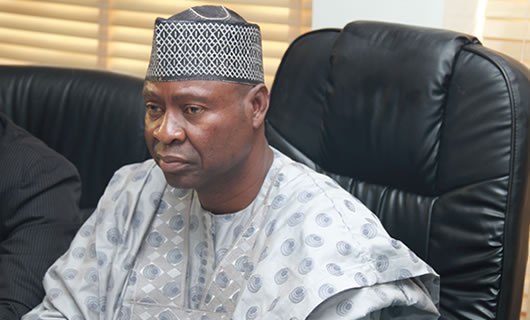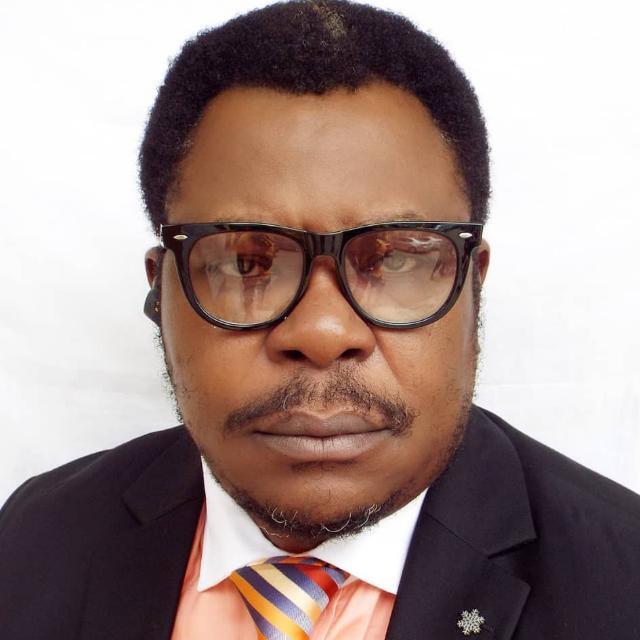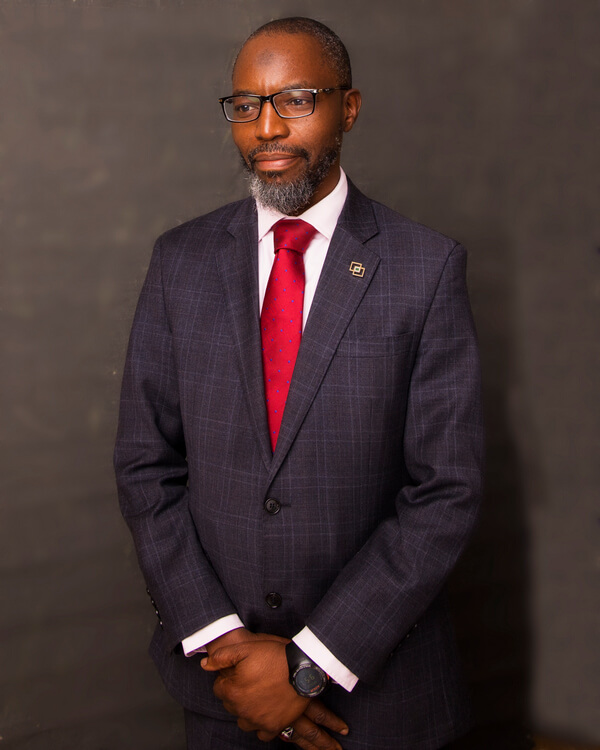The Director General of the Industrial Training Fund (ITF), Joseph Ari, has unveiled the second phase of the ITF Revised Vision: Strategies for Mandate Actualisation.
Speaking at the event, the DG said the reviewed vision was expected to terminate in 2022 but that in view of the numerous challenges that COVID-19 has wreaked on the world and altered so many things, the reviewed document had to be reviewed again so that it can properly propel the desired achievements.
In the light of the impact of COVID-19 on the Micro, Small and Medium Enterprises sector, Ari said the Fund will re-engineer the business development support services as well as the implementation of the ITF Start and Improve Your Business model to boost productivity and return on investment for the MSMEs sector.
“What emerged from the committee’s deliberation is the document that we are confident will fully address some of these challenges and drive the current policy direction of the federal government”, he said
Going by government’s official statistics, about 20.9 million Nigerians are without jobs as of the third quarter of 2018. Apart from this figure, about four million men and women enter the workforce with only a small fraction of them being able to find formal and gainful employment. This, according to findings, makes the problem of youth unemployment a phenomenal issue culminating into widespread poverty and hardship among the youth.
The resultant effect is increased social instability, youth restiveness and worsening insecurity. Experts are of the view that the growing unemployment figure is a confirmation that growth in the economy is still weak and not inclusive.
To expand its skills acquisition programmes, Ari said arrangements have been concluded for procurement of three additional mobile training vans, while vocational wings will be established in its Awka, Maiduguri, Port-Harcourt, Akure, Gusau, and Minna area offices.
He said the vocational centres would be used to train Nigerians within the states in various trade areas. For instance, he said the ITF would develop curriculum to address identified training needs as well as conduct needs analysis to determine training needs in agriculture (food processing), hospitality and transport sectors.
He also said the Fund would develop curriculum that addresses the identified needs, adding that the curriculum for special intervention programmes would be dicey in line with identified trade areas and global best practices.
Ari said the ITF would also conduct survey to determine dominant/relevant trades and mode of intervention required, as well as design and develop curriculum for programmes implementation in the identified trade areas.
He added that some of its programmes would also be implemented at no charge to its clients.
Commenting on some of the Fund’s other achievements, Ari said that over 500,000 Nigerians had been trained on technical vocational skills, saying that 80% of them are living sustainably either as paid employees or employers of labour.










